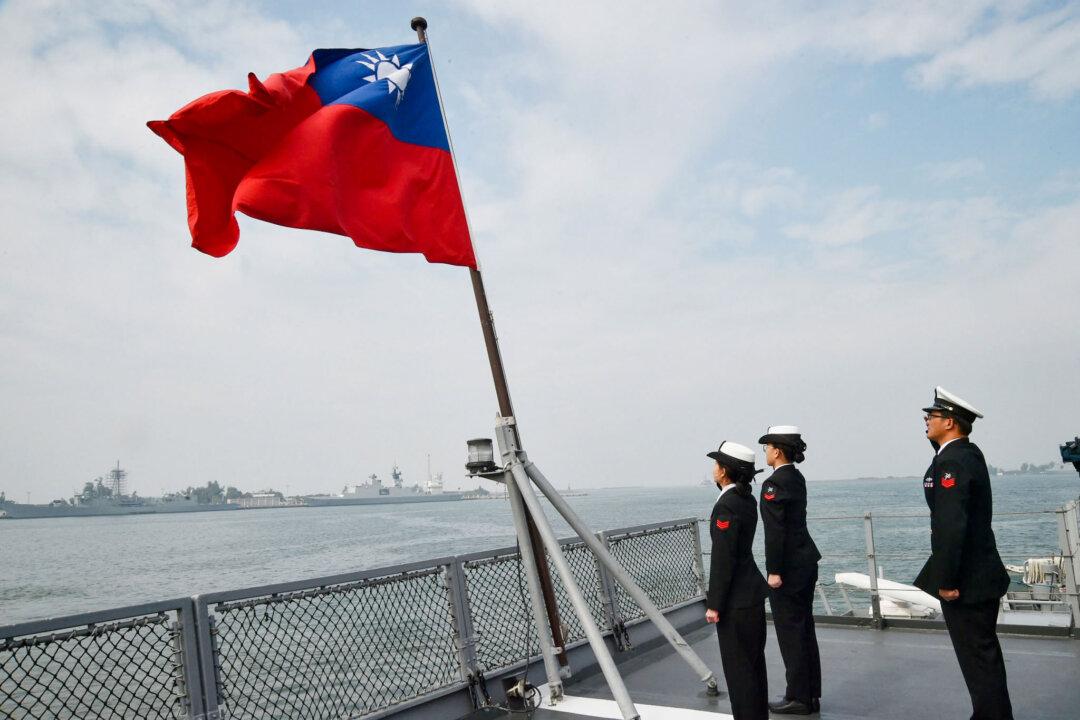TAIPEI, Taiwan—Taiwan’s defense ministry reported spotting a Chinese balloon over waters near the island on Nov. 24, the first time it had flagged such an incursion since April.
The ministry, which regularly issues public reports on Chinese military activities around the island, said the balloon was spotted at 6:21 p.m. local time on Nov. 24 about 60 nautical miles (69 miles) to the northwest of Taiwan’s northern city of Keelung. The balloon was seen at an altitude of 33,000 feet.




